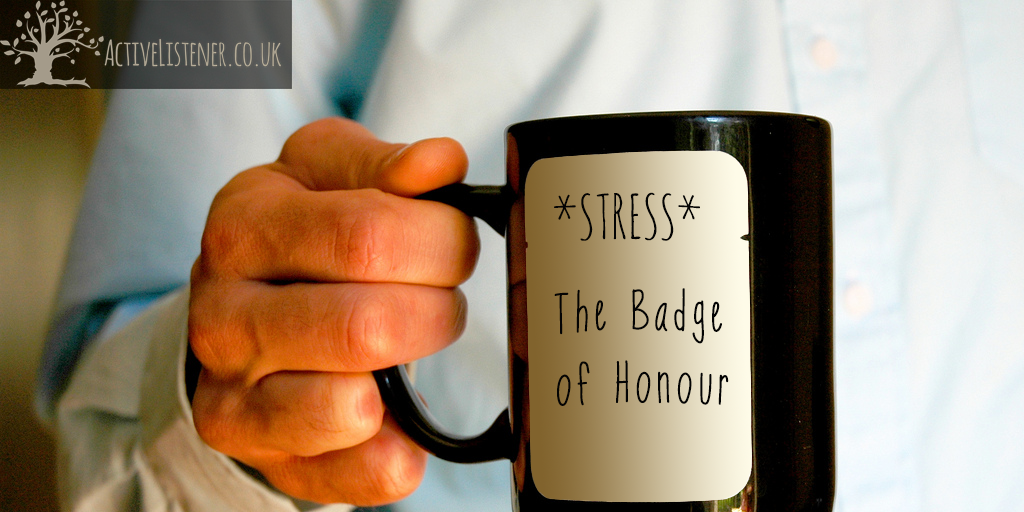How long counselling takes is really up to you. There are no rules about how long you should stay, it is up to you to decide on your goal for your time in counselling and also to decide when you have met your goal, but I will keep asking how you feel we are doing.
When we first meet, we will take some time for me to take to take some important information about you, and for you to tell me your reasons for coming to counselling and what your goals are for therapy. If we both agree that we can work together then we will meet weekly for 50 mins and work towards your goal.
You may prefer to agree a set number of sessions upfront and to review progress along the way and decide where you would like to end that way.
During counselling it is very possible that your goals might change or expand and there are a number of different options for you. We can change your goal and move towards the new one, we can stick with your current goal and revisit the new one afterwards or we can continue with your current goal and end as we agreed and you can decide if you would like to come back another time to look at another area. The direction, length and outcome of therapy are all up to you, it is my job to help facilitate that process for you.
What if I want to end counselling?
You are free to end counselling whenever you wish, you are not obliged to stay. Many counsellors, myself included, believe that counselling can only work if you are coming of your own free will. I would only ask that you give a few weeks notice so that we can make a proper ending together.
The counselling agreement
Ethical counselling practice is based on us both having a clear idea of how we agree to work together. You and your counsellor will have an agreement similar to:
WHAT I ASK OF YOU:
- attend the sessions we have agreed
- don’t be under the influence of alcohol or non-prescription drugs
- pay for your session each week
IN RETURN, I WILL:
- attend the sessions we have agreed
- not be under the influence of alcohol or non-prescription drugs
- offer a professional service that meets, or exceeds, my governing body codes of ethics and practice
- maintain strict confidentiality of our sessions unless
- you say you are at immediate risk of harming yourself or someone else
- you say you are involved in terrorism or money laundering
- I am required to break confidentiality by Court Orderif I am required to break confidentiality, I will usually discuss it with you first.(Confidentiality also means I don’t accept friend requests or communicate via social media)
- ensure my practice is supervised by an experienced therapist
- ensure I have adequate professional indemnity insurance
I am a member of the British Association for Counselling and Psychotherapy, and am bound by its codes of ethics and practice.











